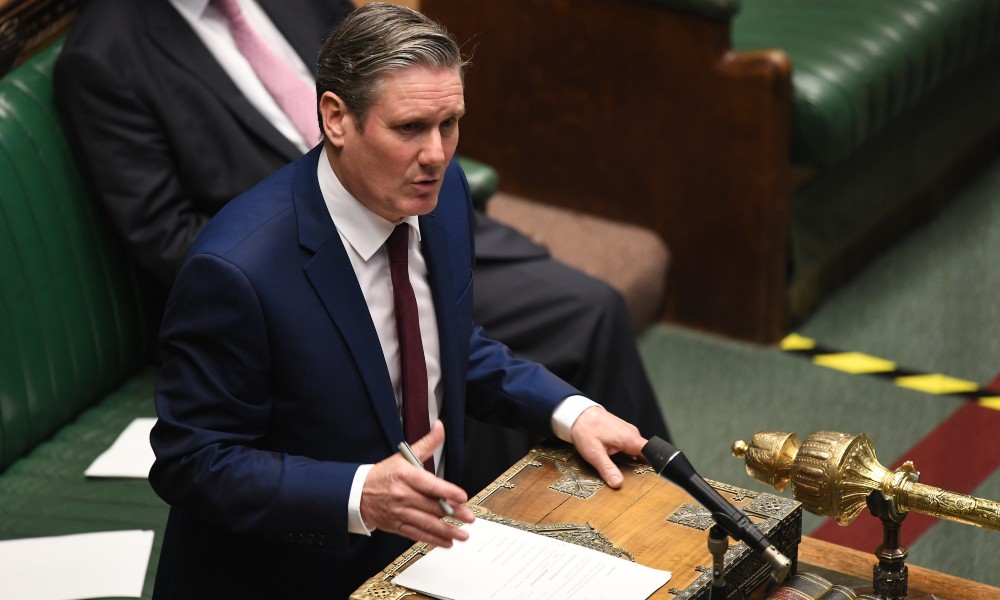This article covers whether UK Labour Party leader Keir Starmer was truthful about an investigation into former MP Diane Abbott and discusses Labour’s plans to reduce NHS waiting times if elected.
- Starmer may have given inaccurate statements about when an investigation into Abbott concluded
- Abbott made controversial comments comparing anti-Semitism to redhead discrimination
- Labour pledges to ensure no NHS patient waits over 18 weeks for treatment if they win power
- But questions remain over whether Labour’s NHS promises are realistic or achievable
Do politicians sometimes struggle to be fully honest with the public? Read on for more details.
What Happened with Diane Abbott’s Investigation?
Labour MP Diane Abbott was suspended last year after writing a newspaper letter that downplayed the significance of anti-Semitism. The letter compared it to discrimination faced by people with red hair.
Many felt Abbott’s comments were highly insensitive and unacceptable. So, an investigation was launched into whether she broke Labour’s rules on anti-Semitism.
In recent radio interviews, Labour leader Keir Starmer claimed this investigation was ongoing, so Abbott had yet to regain her position as an MP with voting rights in Parliament.
However, reports suggest the investigation concluded back in January 2023. This means either:
- Starmer intentionally misled people about the status of the probe
- He was unaware it had finished and misspoke accidentally
Public members must judge which scenario seems more likely based on the evidence.
Clearing the Massive NHS Backlog
Starmer has also promised that a future Labour government would work quickly to clear the huge treatment backlog facing Britain’s National Health Service (NHS).
Over 7 million people are on waiting lists for medical procedures, scans, and other care that was postponed during the pandemic. Labor says they would reduce this to pre-COVID levels by ensuring:
- No patient waits longer than 18 weeks for treatment
- More staff working weekends/overtime to increase NHS capacity
- Learning best practices from hospitals that cut wait times
While this sounds positive, some still need to be convinced that Labour’s plans go far enough or are achievable given limited funding.
There are also concerns that essential NHS staff unions could protest or strike over working condition changes – potentially undermining any backlog clearance efforts.
Social Care Reforms Remain Elusive
Another outstanding issue is how to overhaul Britain’s struggling social care system for elderly and disabled people.
Previous proposals to introduce costs like using home values to help cover care expenses led to major public backlash as a dementia tax. So, the Labor and Conservative parties have largely abandoned plans to fix social care.
This makes it very challenging to free up space in NHS hospitals by discharging people who no longer need emergency care but have nowhere else to go.
Without bold reforms, experts warn that any progress in cutting NHS wait times could be quickly reversed as bed shortages persist.
Looking Ahead
Keir Starmer’s Labour Party has set an ambitious target to address the NHS backlog if they take power rapidly. However, major questions linger around:
- Whether their 18-week pledge is truly adequate or achievable
- How to fund and implement such an overhaul without angering unions
- Lack of action to finally fix systemic issues like the social care crisis
Only time will tell if Labour can deliver on these big healthcare promises. Or will the public’s hopes just be disappointed once again? What do you think needs to be done?
Photo Credit – Flickr
















